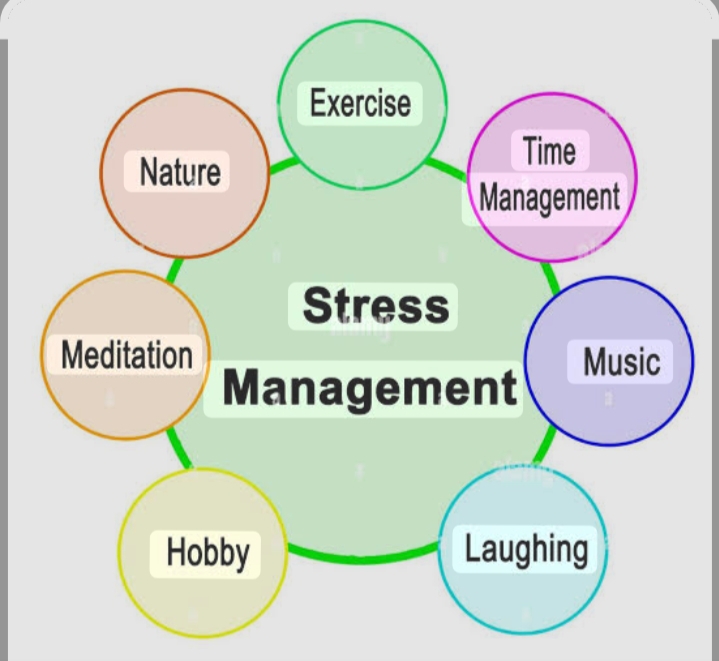Stress Management Techniques: Simple Tools for a Calmer Life
SportsJun 30, 2025 · Author: mohsin

Photo
In today’s fast-paced world, stress has become an unavoidable part of life. Whether you're a student, a professional, or a parent, the pressure to keep up often leads to emotional strain and physical exhaustion. While some stress can be motivating, chronic stress is harmful—it can disrupt sleep, weaken immunity, and impact mental health. The good news? Stress is manageable with simple, science-backed techniques. 1. Mindfulness and Meditation Mindfulness is the art of staying present without judgment. Just 10 minutes of mindful breathing daily can reduce anxiety and boost emotional control. According to the Journal of the American Medical Association, mindfulness meditation significantly lowers symptoms of depression and chronic pain. Meditation, a close relative of mindfulness, calms the brain’s stress center—the amygdala. Research in Frontiers in Human Neuroscience shows even short meditation sessions improve focus, memory, and emotional resilience. 2. Deep Breathing Techniques Breathing deeply and intentionally signals the nervous system to relax. One popular method is box breathing: inhale for four seconds, hold, exhale, and hold again—all for four seconds each. A 2017 study in BMC Complementary Medicine found this method reduces cortisol, the body’s main stress hormone, and promotes calm. 3. Progressive Muscle Relaxation This technique involves tensing and relaxing muscle groups one at a time. It increases awareness of physical tension and teaches the body to release it. A University of Wisconsin study found that 10–15 minutes daily can improve sleep and reduce anxiety symptoms. 4. Exercise and Movement Regular physical activity releases endorphins—natural mood lifters. Exercise also provides a mental break, reduces tension, and enhances self-esteem. A Harvard Health report confirms that even moderate activities like walking, swimming, or dancing help lower stress levels significantly. 5. Nature and “Forest Bathing” Spending time in nature, even briefly, can lower heart rate and blood pressure while boosting mood. The Japanese practice of Shinrin-yoku (forest bathing) is linked with lower cortisol and improved mental clarity. If forests aren’t accessible, simply being near plants, sunlight, or fresh air offers benefits. 6. Cognitive Behavioral Strategies How we think shapes how we feel. Cognitive restructuring helps shift negative thoughts into balanced perspectives. For instance, replacing “I can’t do this” with “I’ve handled tough tasks before” can reduce panic. Journaling or therapy can enhance this effect. 7. Social Support Talking to someone you trust eases emotional weight. A 2020 University of Oxford study revealed that people with strong social connections bounce back from stress more quickly. Sometimes, just feeling heard makes all the difference. 8. Sleep Hygiene Poor sleep and stress fuel each other. Consistent bedtimes, screen-free evenings, and calming rituals improve sleep quality. The National Sleep Foundation recommends 7–9 hours per night for optimal health. 9. Expressive Writing Writing down your thoughts for 10–15 minutes helps process emotions and reduce mental clutter. Psychologist James Pennebaker found it improves both emotional and immune health. In last, You can't eliminate stress, but you can learn to master it. Even small daily habits—like a deep breath, a walk, or a journal entry—can restore calm and clarity.
3
124
Related Articles

Asia Cup 2025 Cricket: Teams, Squads, and What to Expect
Author: khan solo

Pakistan vs Afghanistan Live Cricket Match – UAE Tri-Series
Author: khan solo
